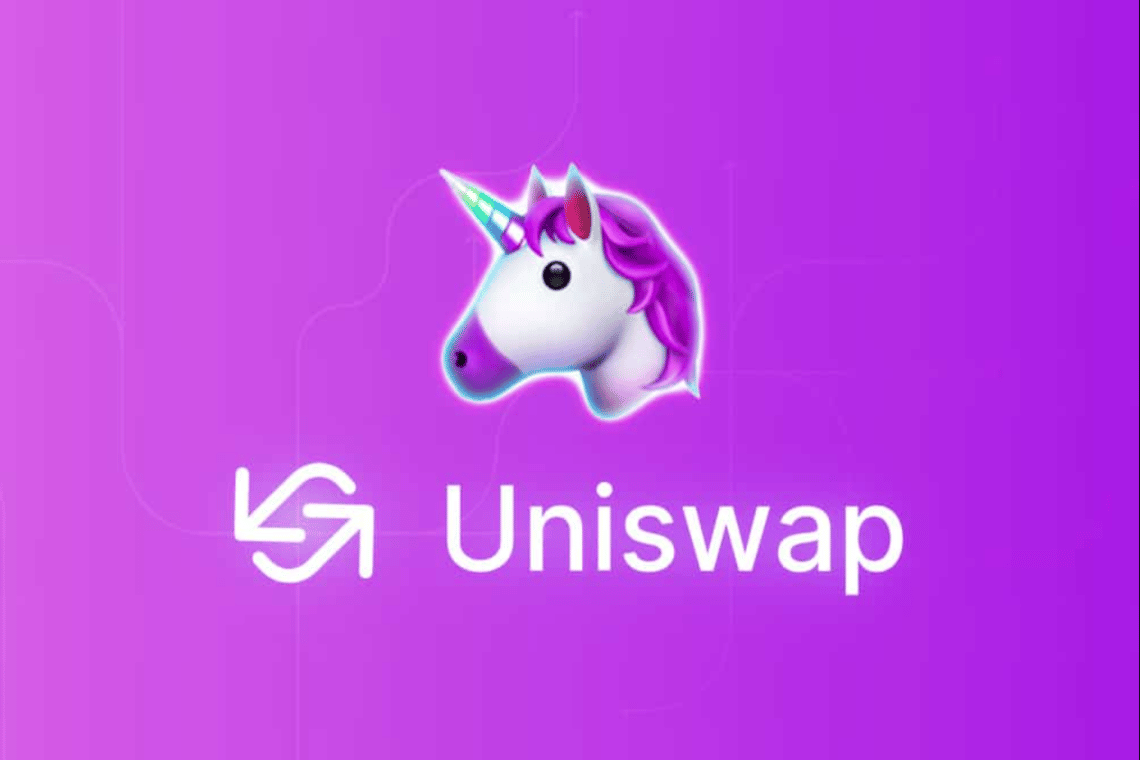Introducing an innovative development in the field of decentralized finance (DeFi), Uniswap version 3 (v3) has expanded its scope to the Bitcoin sidechain Rootstock.
Summary
Uniswap v3 expands to the Bitcoin Sidechain blockchain, improving the DeFi landscape
Uniswap, a renowned decentralized exchange (DEX) known for its presence on the Ethereum blockchain, has reached a significant milestone with the release of version 3 (v3) of Uniswap on the Bitcoin Rootstock sidechain.
GFX Labs, the expert team behind the Oku trading terminal, orchestrated this implementation. In this way, it has elevated the decentralized finance (DeFi) landscape on the world’s largest blockchain.
This strategic move, described in an official announcement shared with CoinDesk, indicates the expansion of Uniswap beyond its Ethereum origins.
In particular, Uniswap v3 has already been successfully implemented on Ethereum layer-2 networks, including Arbitrum, Optimism, and Polygon. In conjunction with this implementation, Oku, equipped with advanced trading tools that include analysis, limit orders, and liquidity provider position management, will enhance Rootstock.
The combination of the capabilities of Uniswap smart contracts, initially designed for Ethereum, with the robust security of Bitcoin’s proof-of-work network, promises to promote increased liquidity and diversification of use cases for DeFi in the cryptocurrency sector.
The press release highlights the unique synergy achieved by Rootstock with the fusion of Bitcoin’s security and Ethereum’s smart contract capabilities.
This integration introduces a new dimension to on-chain swaps, liquidity depth, and yield opportunities on the Bitcoin network.
The developments of Uniswap v3 expansion
Among the notable developments that have led to this expansion is the implementation of Uniswap smart contracts on the Bitcoin network in May. This strategic move aimed to leverage the emergence of BRC-20, a token standard that facilitates token issuance and enables DeFi applications on Bitcoin.
In a broader context, 2023 has seen the convergence of elements typically associated with blockchain networks like Ethereum making their way into the Bitcoin ecosystem.
The Ordinals protocol, the introduction of non-fungible tokens (NFTs) in Bitcoin, and the ongoing efforts to integrate Ethereum-style smart contracts are indicative of this transformation trend.
With the expansion of Uniswap’s footprint to Rootstock, the Bitcoin DeFi landscape undergoes a transformation.
The integration of Uniswap v3 introduces a new paradigm for decentralized exchanges on the Bitcoin sidechain, demonstrating the adaptability of DeFi protocols in different blockchain ecosystems.
The unique combination of Rootstock between the security model of Bitcoin and the programmability offered by Ethereum’s smart contracts lays the foundation for a more robust and versatile DeFi infrastructure.
This collaboration aims to solve the intrinsic limitations of traditional financial systems and bring decentralized financial services to a wider audience.
The incorporation of Uniswap on Rootstock not only facilitates seamless on-chain swaps, but also increases liquidity depth. Therefore, one of the critical factors for the success of any decentralized exchange is improved.
Uniswap v3 and the integration with the Bitcoin blockchain: a step forward for DeFi
Thanks to the advanced features of Uniswap v3, including liquidity concentration and improved capital efficiency, users of the Rootstock sidechain can benefit from a more efficient and dynamic trading experience.
The involvement of Oku, the trading terminal developed by GFX Labs, adds an additional level of sophistication to the Rootstock ecosystem.
By providing advanced trading tools such as analysis, limit orders, and liquidity management, Oku allows users to navigate the decentralized market with greater precision and control.
The convergence of Uniswap, Rootstock, and Oku exemplifies the ongoing trend towards interoperability and collaboration in the blockchain space. As different blockchain networks borrow successful elements from each other, the once clear boundaries between them begin to blur, fostering a more interconnected and versatile ecosystem.
The implementation of Uniswap on Rootstock is part of a broader movement to expand the capabilities of the Bitcoin network beyond its original scope.
Initiatives such as the integration of smart contracts and token standards on Bitcoin demonstrate the industry’s commitment to unleash the full potential of blockchain technology.
In perspective, the Uniswap-Rootstock integration lays the foundation for a new era of decentralized finance on the Bitcoin sidechain.
As other projects explore similar collaborations, the DeFi landscape is destined to become increasingly inclusive and extensive, transcending the limits of individual blockchains.
Conclusions
In conclusion, the expansion of Uniswap to the Rootstock Bitcoin sidechain represents a significant milestone in the evolution of decentralized finance.
The synergy between Uniswap’s advanced protocols, Rootstock’s security, and Oku’s trading tools creates a powerful ecosystem that has the potential to redefine how users interact with financial services on the Bitcoin network.
With the continuous evolution of blockchain technology, these collaborative efforts pave the way for a more interconnected and interoperable future.




